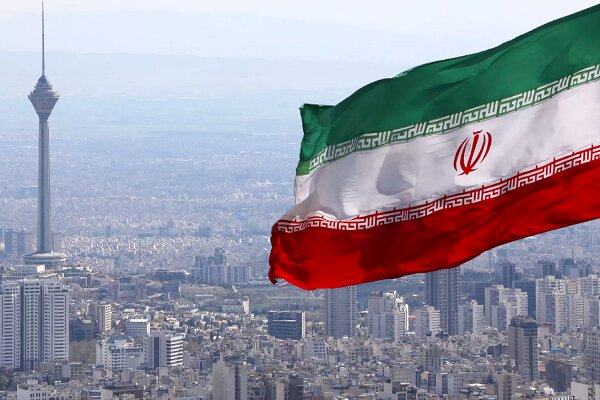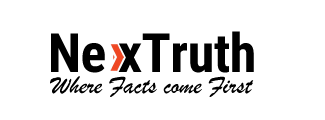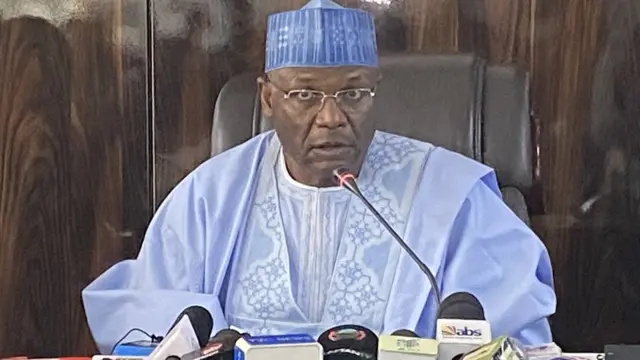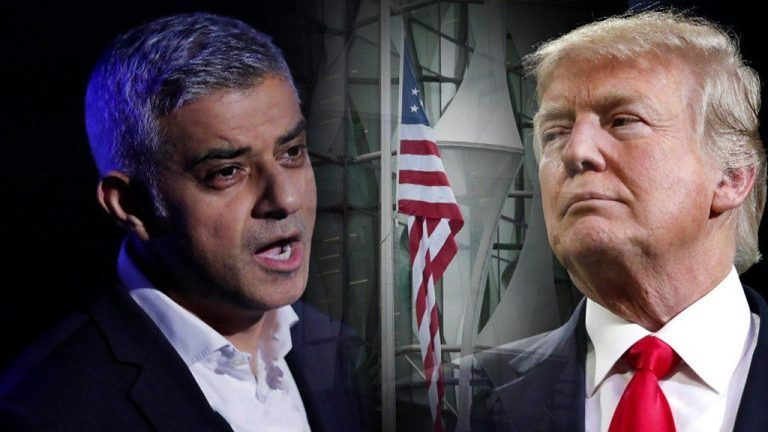
Tehran, September 24, 2025 — Iran is facing mounting international and regional pressure as United Nations sanctions are set to be reinstated, while Israeli threats of renewed military strikes on its nuclear and missile facilities continue to grow.
Diplomats describe the moment as a “no-win situation” for Tehran, with the country caught between the economic pain of sanctions and the risk of escalation should it push ahead with its nuclear ambitions.
UN Snapback Sanctions Take Shape
European powers Britain, France, and Germany triggered the “snapback” mechanism under UN Security Council Resolution 2231, seeking to restore sanctions that were lifted under the 2015 nuclear deal. The move followed months of frustration over Iran’s enrichment activities and its refusal to engage in direct nuclear talks with the United States.
Despite Tehran’s last-minute diplomacy, the UN Security Council failed to block the process. The sanctions are now set to return, potentially restricting arms sales, financial transactions, and access to global markets.
French President Emmanuel Macron confirmed last week that sanctions would be reimposed, calling them a “necessary response to Iran’s non-compliance.”
Fallout from Israeli Strikes
The sanctions come as Iran struggles to rebuild key facilities damaged by Israeli and U.S. strikes earlier this year. In June, several missile and enrichment sites were hit, forcing Tehran to admit that parts of its infrastructure had been “destroyed.”
Iran has since begun reconstruction efforts, but experts say some critical components remain missing, leaving its missile program hamstrung for now. Israeli officials, however, have warned that further strikes remain on the table should Iran resume enrichment at levels deemed threatening.
Tehran’s Dilemma
Analysts say Iran now faces two risky paths:
- Comply with international demands, which might delay sanctions but could be viewed domestically as capitulation to Western pressure.
- Defy the measures, which could trigger harsher economic isolation and invite more Israeli or U.S. military action.
“This is the definition of a no-win scenario,” said one European diplomat. “Every choice Tehran makes comes with heavy consequences.”
Iran’s Supreme Leader, Ayatollah Ali Khamenei, has already rejected direct talks with Washington, insisting that Iran will not “bow to coercion.” Yet the regime is under growing strain at home, where inflation, unemployment, and sanctions fatigue continue to erode public confidence.
Regional and Global Risks
The situation poses wider risks for the Middle East. Gulf states fear further instability, while international oil markets are watching closely for signs of disruption. A full Iranian withdrawal from the Nuclear Non-Proliferation Treaty (NPT) a possibility raised by some officials would plunge the global non-proliferation system into crisis.
For now, Tehran appears to be stalling, neither fully rejecting the UN demands nor embracing them. But with sanctions set to snap back in the coming weeks and Israeli patience wearing thin, Iran’s window for maneuver is closing fast.




